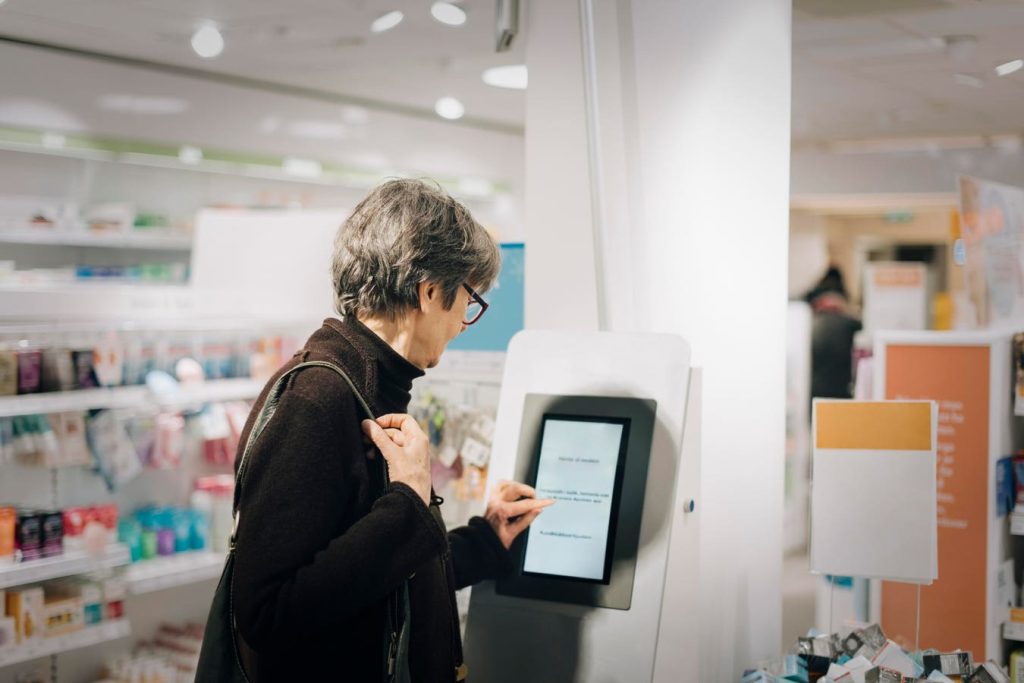Dax Dasilva, the CEO of Lightspeed Commerce, emphasizes the importance of the endless aisle model in modern inventory management strategies. This approach allows consumers to order from a virtual store while shopping in person, blending the convenience of online shopping with the tactile experience of shopping in-store. By implementing endless aisle solutions, small retailers can better compete with big-box stores and offer a wider range of products to their customers.
In order to effectively leverage endless aisle solutions, companies can establish direct connections between high-value brands and retailers through streamlined supplier networks. Robust inventory management systems are also crucial in optimizing distribution channels and ensuring efficient order fulfillment. By taking these actions, businesses can stay competitive in today’s fast-paced retail environment and meet the escalating demands of customers.
Small businesses have historically struggled to compete with larger companies in terms of inventory management. As brands are often hesitant to work with smaller retailers due to their limited distribution capabilities, finding a balance between acquiring enough merchandise and avoiding excess inventory is crucial. Excess inventory also puts retailers at risk of loss due to shrinkage, further highlighting the importance of efficient inventory management systems.
Real-world scenarios demonstrate the potential benefits of endless aisle technology, including drop shipping, same-day delivery, and personalized recommendations. Companies like Bonobos and Best Buy have successfully implemented endless aisle strategies to enhance customer experiences and streamline their operations. By adopting these technologies, small businesses can access the same tools and tactics as larger corporations to improve efficiency and increase sales.
As smaller retailers look to adopt endless aisle technology, they should focus on defining their goals and tailoring the technology to meet their specific needs. Monitoring key metrics and adjusting strategies as needed will help ensure the successful implementation of these technologies. In the future, an out-of-the-box solution that connects independent retailers with brands and suppliers could revolutionize inventory management in the retail industry.
In conclusion, integrating endless aisle technology into small businesses is essential for remaining competitive in today’s retail landscape. By connecting brands, suppliers, retailers, and consumers within a single network, businesses can enhance customer experiences, improve efficiency, and increase sales. While challenges remain in developing innovative technologies, the potential benefits of endless aisle make it a valuable investment for retailers of all sizes.


